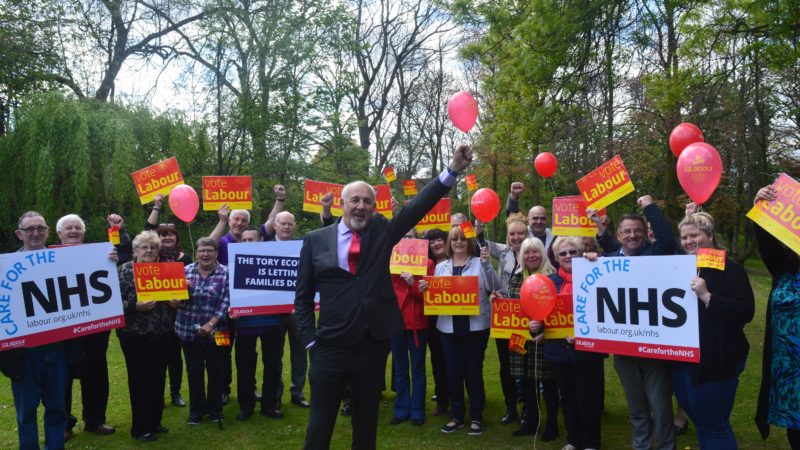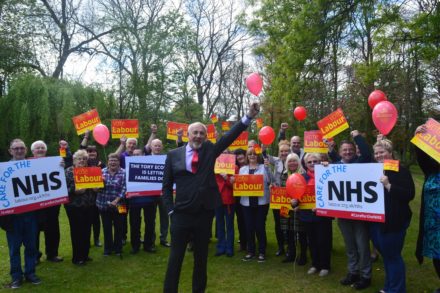

There was a time after the second world war when government saw its central role as creating a socially just Britain where full employment, adequate housing for all and free education was the right of the many.
In that time, there was always more to achieve but the national sense of purpose was clear.
It was a time when jobs were secure and for the long term. Policy was designed to make communities feel secure, when the past was a bad place of mass unemployment, slum housing and no hope. But the future was full of promise, where strangers were welcomed into communities because no one felt their jobs were under threat.
And in the time, it was not acceptable that the growing wealth of the country was only distributed to the wealthiest.
A coherent set of progressive values aimed at building a social contract in which we had a sense of duty to the community, and the country agreed to stand behind those who could not care for themselves.
They say the past is a foreign country which you can never revisit and, in any event, if you were very poor, or female, or black, or gay, then life wasn’t easy.
But now you would struggle to discover a shared sense of national purpose. You could describe a sense of anomie in Britain where a sense of common values, duty to others and co-operation for shared ends are, to one extent or another, lacking.
Too often: post-industrial communities have been abandoned; young people have less hope than ever before of acquiring a home at reasonable cost; education has become a commodity rather than a public good; where that which was common is frequently private or suffering from severe spending cuts; and, where the wealth of the most privileged is growing exponentially at the expense of the rest.
How do we explain this shift in the national culture? Or rather, how do we account its disintegration and fracturing? Is this a uniquely British problem? And can we begin to rebuild a renewed socialist project based on 21st century.
These are the key questions which Labour has to address, because the Conservatives have lost their way and in any event it is they who were the architects of so much which has gone wrong. I think too that the Brexit vote and its consequences challenge us to rebuild a confident, progressive politics which is neither backward-looking, reactionary nor insular.
There is in fact a huge amount of thinking and of activism which gives great hope for the future. These positive trends are happening in and around a Labour movement which is itself in the process of radical transformation.
I am privileged to have been offered the opportunity of – working with others – being guest editor the LabourList for a week. Although we will say a number of things on the immediate news environment during the week, our main purpose will be to showcase new thinking and new activism both in the UK and abroad.
Our themes will be:
- The Labour Party becoming anti-establishment party, as well as an agent for transformative change, and how international left movements are doing this as well.
- Making politics accessible – including working class representation, engaging young people, and changing alienating political processes.
- The decentralisation of power and disrupting the closed circles at the centre of the British Establishment.
- New ways of organising – how we build a social movement, organise in the workplace to take on the Establishment.
- Labour’s economic revolution and the need for economic change.
Jon Trickett is shadow minister for the cabinet office and MP for Hemsworth.




More from LabourList
Turning the page? Labour’s recovery in the polls show a path to 2029 victory
Restoration announce recommendations for NEC candidates
‘Factionalism at the top is weakening Labour – and handing a gift to Reform’